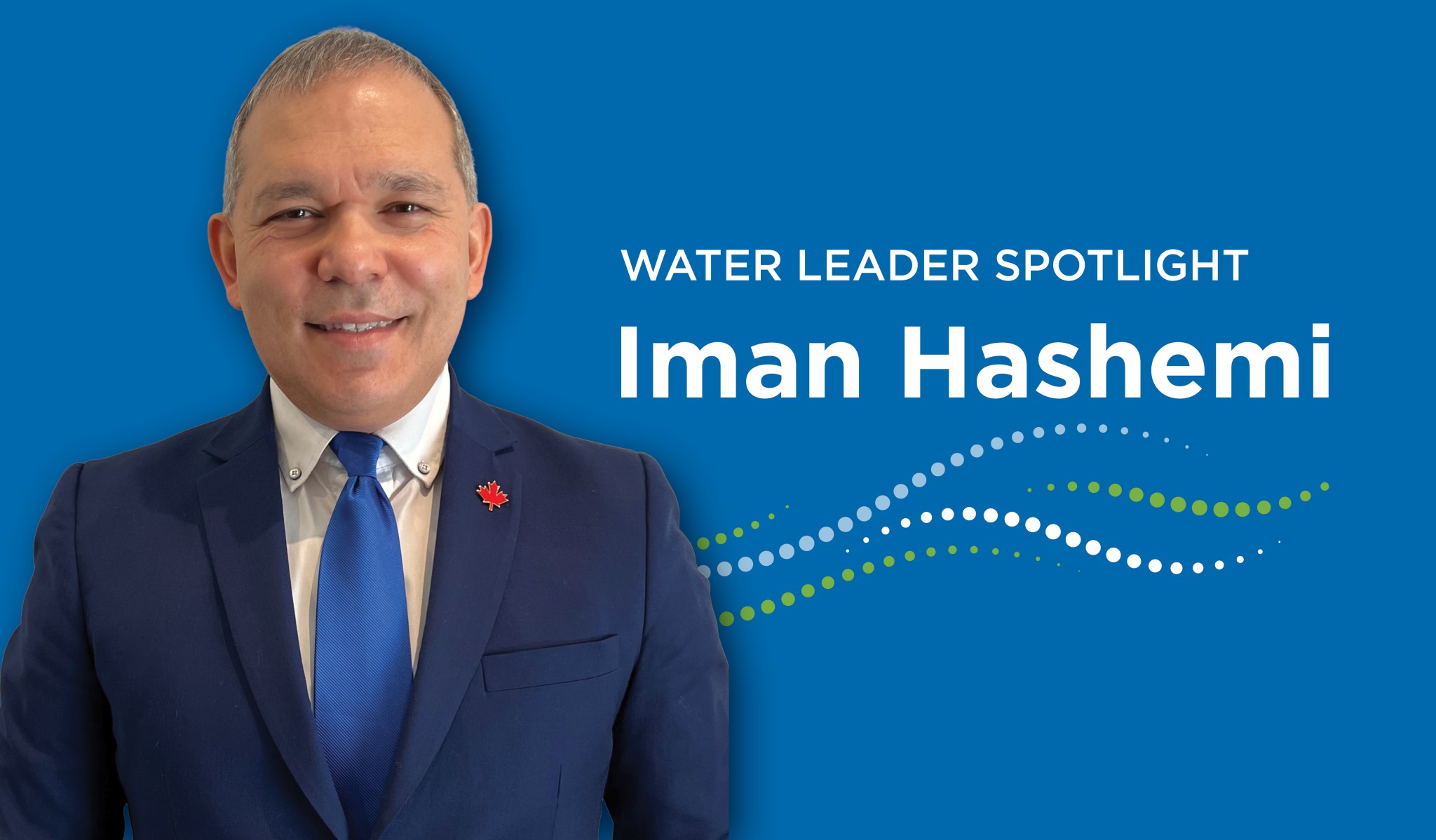Spring 2025 update from CWN’s wastewater-based surveillance program
March 17, 2025
CWN’s quarterly newsletter with the latest news, insights, and thought leadership.

Canadian Water Network’s (CWN) collaboration with the National Collaborating Centre for Infectious Diseases (NCCID), with funding from the Public Health Agency of Canada (PHAC), is instrumental in empowering public health practitioners through our wastewater-based surveillance (WBS) program. This initiative supports peer learning and knowledge sharing for public health practitioners.
OCAP® Workshop
In February, CWN held a workshop on OCAP® principles, facilitated by the First Nations Information Governance Centre. First Nations principles of ownership, control, access, and possession — more commonly known as OCAP®— assert that First Nations have control over data collection processes, and that they own and control how this information can be used. The 4-hour workshop was attended by WBS strategic sharing group participants, provincial territorial forum participants and academic partners. Participants completed an interactive intensive workshop on OCAP® principles, learning about data sharing principles of vital importance, not just for public health practitioners implementing wastewater surveillance programs, but to all public health programs and research involving Indigenous communities.
WBS Success Stories
CWN and NCCID hosted a webinar on February 25 that featured Dr. Natalie Prystajecky, Head of Microbiology at the B.C. Centre for Disease Control, and Dr. Robert Delatolla, Professor University of Ottawa and CIHR Applied Public Health Chair in Environment, Climate Change and One Health. They shared success stories from Canada’s wastewater surveillance system that led to measurable impacts such as reduced transmission of disease, improved public health decisions, community benefits and cost savings.
Dr. Prystajecky spoke about WBS as an alternative to more onerous clinical testing for norovirus infections in British Columbia. At a time when clinical testing was ramping down and B.C.’s clinical testing program was decentralized, WBS provided a passive way to understand outbreaks. WBS provided much-needed intelligence and tracking without clinical data, highlighting the wide-ranging applications for WBS beyond COVID-19.
Dr. Delatolla outlined how WBS can be used as an equitable public health tool that can prepare us for future pandemics. He shared an example of how WBS was used in Ontario to predict the start of annual RSV season 12 to 36 days early, depending on the city. This provided vitally important lead time for hospital preparedness and timely initiation of RSV prevention therapy for children.
A recording of this webinar will be available shortly on NCCID’s and CWN’s websites.
Winter 2025 Meeting – Provincial/Territorial Forum on WBS
In February, CWN held the third and final meeting of the Provincial/Territorial Forum on WBS, where participants were able to discuss the future of wastewater surveillance in Canada, the sustainability of these programs and future applications for the network that has been built through CWN’s program over the last two years.
Future Knowledge Products
CWN and NCCID are currently developing knowledge products on WBS, including WBS success stories, economic analyses and use cases, and resources focused on WBS in Indigenous communities. Stay tuned for these products — they will be posted on CWN’s website in April. If you’d like to be notified when they are available, subscribe to CWN for updates.












